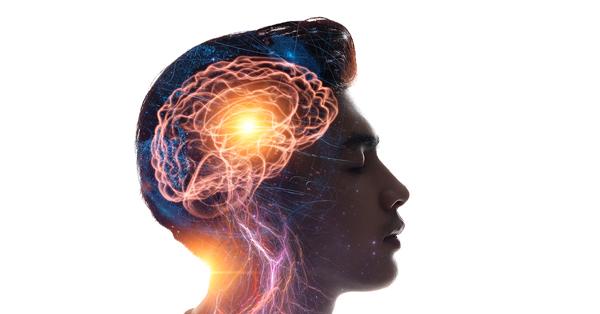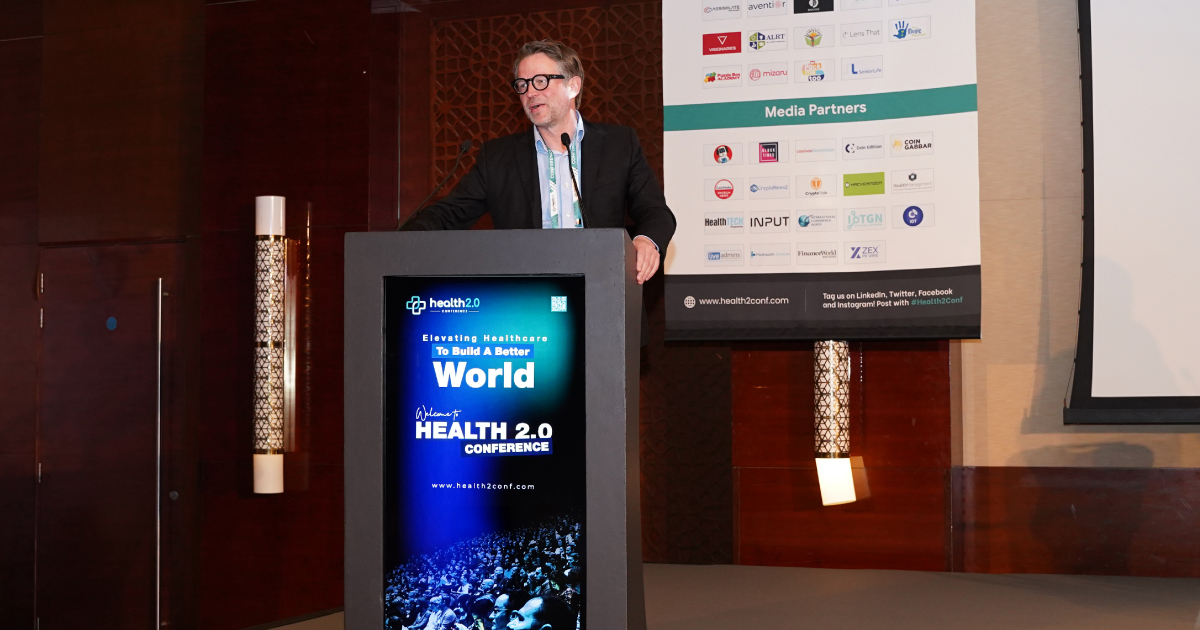In today's fast-paced world, everyone faces challenges that need the attention of a mental health expert. With this begins the evolution of the field of clinical psychology as it rises to address these ever-changing needs and challenges.
As we delve into the latest frontiers of clinical psychology, we discover innovative approaches, cutting-edge therapies, and a deeper understanding of the human mind. These approaches aim to help individuals elevate their lifestyles and nurture complete wellbeing.
Today, various smart health conferences are shedding light on the importance of clinical psychology in the current era. This blog explores the key areas at the forefront of clinical psychology shared by experts at Health 2.0 Conference. Using their insights, we will highlight the advancements that are reshaping the landscape of mental health care.
Neurofeedback Therapy: A Window To The Brain's Inner Workings
Neurofeedback therapy is revolutionizing how we understand and treat various mental health conditions. This non-invasive technique utilizes advanced technology to provide real-time feedback on brain activity. This allows individuals and therapists to gain insights into the brain's inner workings. Here are some relevant sub-points that upcoming 2024 healthcare events are expected to elaborate on.
- Personalized Treatment
Neurofeedback therapy tailors treatment plans to each individual's unique brain patterns. This personalized approach enhances the effectiveness of interventions for conditions like ADHD, anxiety, and depression.
- Neuroplasticity
Neurofeedback capitalizes on the brain's remarkable ability to change and adapt (neuroplasticity). Patients can learn how to regulate their brain activity, promoting long-lasting improvements in mental health.
- Evidence-Based Success
Research continues to demonstrate the efficacy of neurofeedback therapy. Its success in treating conditions such as post-traumatic stress disorder (PTSD) and addiction is particularly promising.
Teletherapy: Bridging Gaps In Mental Health Access

The digital age has brought a new era of mental health care with the widespread adoption of Teletherapy. This mode of therapy enables individuals to access professional help from the comfort of their homes. Health 2.0 Conference reviews some legit points about this Teletherapy below:
- Accessibility
Teletherapy overcomes geographical barriers, making mental health care accessible to individuals in remote or underserved areas. It also eliminates the need for lengthy commutes.
- Convenience
Patients can schedule appointments that fit their lifestyles, promoting better adherence to treatment plans. This convenience is beneficial for those with hectic schedules.
- Privacy & Comfort
Teletherapy offers a safe and comfortable environment for individuals to open up about their concerns. This can lead to more open and honest discussions during therapy sessions.
Psychedelic-Assisted Therapy: Unveiling New Avenues For Healing
In recent years, psychedelic-assisted therapy has gained prominence as a groundbreaking approach to mental health treatment. These therapies involve the controlled use of psychedelics like psilocybin or MDMA in conjunction with psychotherapy. Explore the following aspects that smart health conferences highlight about this approach:
- Mind-Altering Effects
Psychedelics can induce altered states of consciousness, allowing individuals to access deep-seated emotions and memories. This can be beneficial for trauma survivors.
- Neurobiology Of Healing
Research indicates that psychedelics may facilitate neural rewiring and promote emotional healing. This has significant implications for conditions such as depression and post-traumatic stress disorder.
- Regulatory Progress
The regulatory landscape surrounding psychedelics is evolving, with promising results from clinical trials. Some jurisdictions have even legalized certain psychedelics for therapeutic use as well.
Artificial Intelligence In Mental Health Assessment
The integration of artificial intelligence into the field of clinical psychology is very effective. It is redefining the assessment and diagnosis of mental health disorders. AI-driven tools can assess large amounts of data and assist clinicians in making more accurate evaluations. Here are some key points about AI-driven healthcare that upcoming healthcare events will elaborate upon in 2024:
- Data-Driven Insights
AI can sift through electronic health records, patient histories, and even speech patterns to identify subtle repetitions that indicate mental health conditions. This data-driven approach can lead to earlier and more accurate diagnoses.
- Predictive Analytics
AI algorithms are capable of predicting future mental health episodes. This allows for proactive intervention. This is particularly valuable in preventing crises for individuals with conditions like bipolar disorder or schizophrenia.
- Enhanced Therapist Support
AI tools can provide therapists with real-time insights and treatment recommendations. This serves as a valuable complement to their clinical expertise.
As clinical psychology continues to explore these frontiers, individuals seeking mental health support can benefit from a richer and more diverse range of treatment options. Understanding this, upcoming 2024 healthcare events have streamlined their agendas to focus on new frontiers of clinical psychology.
Ethical Considerations And Patient Rights In Modern Clinical Psychology
Ensuring ethical practices and safeguarding patient rights is crucial in the field of Psychology. Below are some ethical considerations highlighted by experts at the Health 2.0 Conference that accompany these advancements:
- Informed Consent
Discuss the importance of informed consent in emerging therapies like psychedelic-assisted therapy. Clients need to be fully aware of the legit risks and benefits.
- Privacy And Data Security
Explore how the use of AI in mental health assessments raises concerns about patient data privacy. Take relevant steps to protect sensitive information.
- Regulatory Frameworks
Examine the evolving regulations surrounding these new approaches and how they are designed to balance innovation with patient safety.
Bottom Line
Clinical Psychology is evolving at a fast pace. People are growing more and more aware of its need as they face daily life challenges themselves. Staying informed about the newest developments in the field thus becomes essential for both practitioners and individuals.
As the field of clinical psychology continues to evolve, it is crucial to embrace the new advancements to ensure that everyone has access to the best care for their mental health needs.














